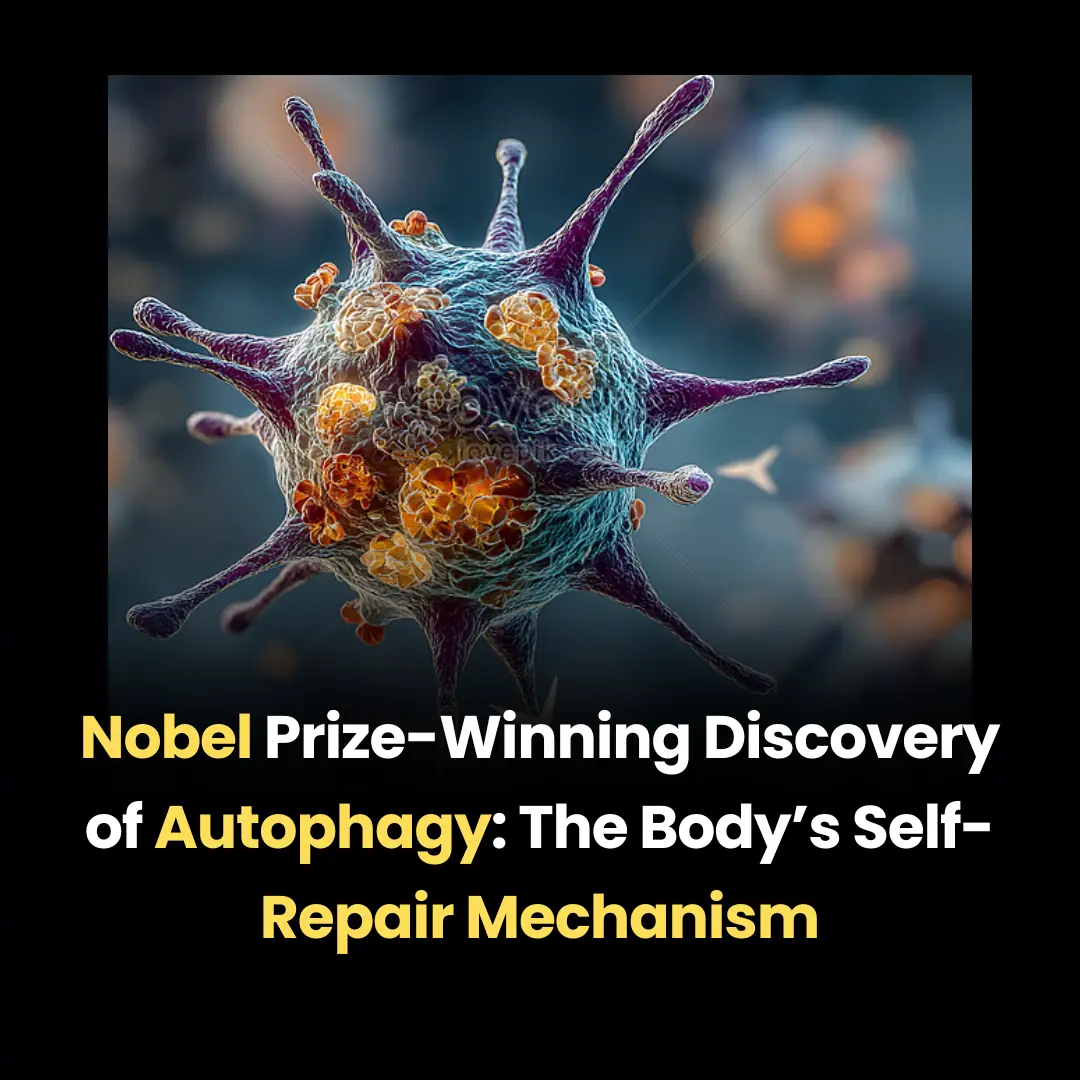
Breakthrough Drug Offers Hope for Restoring Vision by Repairing Nerve Insulation
A groundbreaking discovery has revealed the development of a drug that has the potential to repair the protective insulation around brain nerves, offering new hope for restoring vision in patients suffering from certain neurological conditions. This vital protective layer, known as myelin, is essential for the proper transmission of electrical signals between neurons. Myelin plays a key role in the efficient communication of nerve cells, enabling them to send and receive messages quickly and accurately. When myelin becomes damaged, it leads to disruptions in these communications, contributing to a range of neurological disorders and vision loss. Diseases such as multiple sclerosis (MS) and other conditions related to the nervous system can result from the breakdown of myelin, severely affecting the brain’s ability to process visual information.
Recent studies have demonstrated that this new drug can stimulate myelin regeneration, a process that repairs damaged nerve pathways and helps restore the brain’s capacity to process visual information. The drug’s effects have shown promising results in laboratory experiments and clinical trials, where patients have experienced remarkable improvements in their vision. These initial findings suggest that this breakthrough treatment could become a revolutionary solution for individuals who suffer from nerve-related visual impairments, offering the potential for long-term recovery rather than merely managing symptoms. This stands in stark contrast to traditional therapies, which often only alleviate symptoms without addressing the root causes of nerve damage.
This drug works by promoting the regeneration of myelin—something that was once thought to be impossible to achieve once nerve damage had occurred. By directly targeting the damaged myelin, the drug facilitates the restoration of nerve function, improving the brain’s ability to send and receive signals more effectively. Unlike current treatments, which mainly focus on controlling symptoms of vision loss or neurological disorders, this drug offers a potential solution that could address the underlying causes of these conditions. As a result, it holds the promise of long-term restoration and improved quality of life for many patients who have limited treatment options today.
At present, scientists are working diligently to refine the drug, ensuring that it is both safe and effective across a wide range of neurological conditions. Clinical trials are still in progress, with researchers focusing on optimizing the drug's delivery and maximizing its effectiveness in treating different types of nerve damage, especially in patients with conditions like optic neuropathy, multiple sclerosis, and even Alzheimer’s disease, where nerve damage can lead to cognitive decline and vision problems.
This discovery marks a major leap forward in the field of regenerative medicine, which is increasingly being recognized for its potential to repair and restore the nervous system. The idea of regenerating myelin, in particular, opens up new possibilities for treating neurodegenerative diseases, including those that affect vision. Vision loss, often caused by damage to the optic nerve or retinal cells, has been one of the most challenging aspects of neurological conditions to address. With this new drug, the possibility of reversing vision loss caused by nerve damage is moving closer to reality.
Experts believe that continued research into this drug and other regenerative therapies could transform the treatment landscape for a variety of sensory disorders, particularly those affecting vision. By regenerating damaged nerve tissues and restoring the communication pathways within the brain, these advancements offer hope not only for patients with existing conditions but also for those at risk of developing these debilitating diseases. If successful, this drug could be a game-changer in how we approach the treatment of neurodegenerative disorders, potentially offering millions of people the chance for restored vision and a better quality of life.
The implications of this discovery are far-reaching. It underscores the incredible potential of regenerative medicine to not only heal the nervous system but also provide meaningful improvements in the lives of people who suffer from the debilitating effects of vision loss and other neurological conditions. With continued investment in research and development, this drug could play a crucial role in shaping the future of medicine, providing innovative treatments for a range of conditions that have long been thought to be irreversible.
News in the same category


Dietary RNA: A Key to Slowing Cellular Aging and Promoting Longevity

The Role of Fish Oil Supplementation in Enhancing Fat Loss and Muscle Growth: A Scientifically Supported Approach
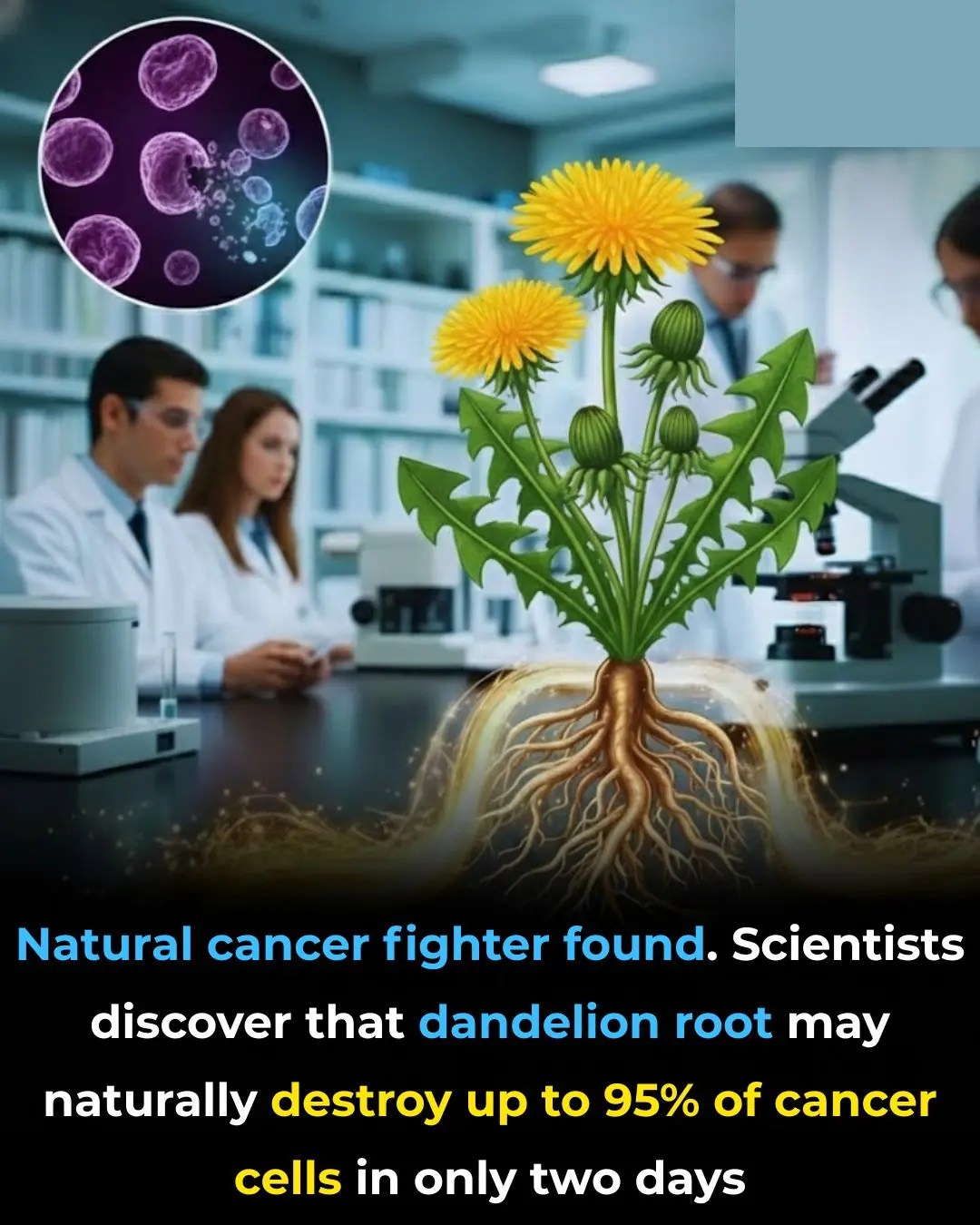
Dandelion Root Extract Shows Potential to Eliminate Up to 95% of Cancer Cells in 48 Hours

Meet the Solar-Powered Sea Slug: The First Animal Known to Photosynthesize!

13-Year-Old Boy's Heartwarming Act of Sacrifice: Buying His Mother a Car Through Hard Work and Compassion

Simple Ways to Reduce Nighttime Wake-Ups and Improve Sleep Quality.

🛡️ The Holy Grail of HIV Research: A Broadly Neutralizing Antibody Targets the Virus's Achilles' Heel

🌊 Harnessing the Ocean’s Power: Scientists Pioneer a Breakthrough in Turning Seawater into Emission-Free Hydrogen Fuel

🧬 Pioneering Hope: Japanese Researchers Achieve Historic Movement Restoration Using Stem Cell Therapy for Paralysis
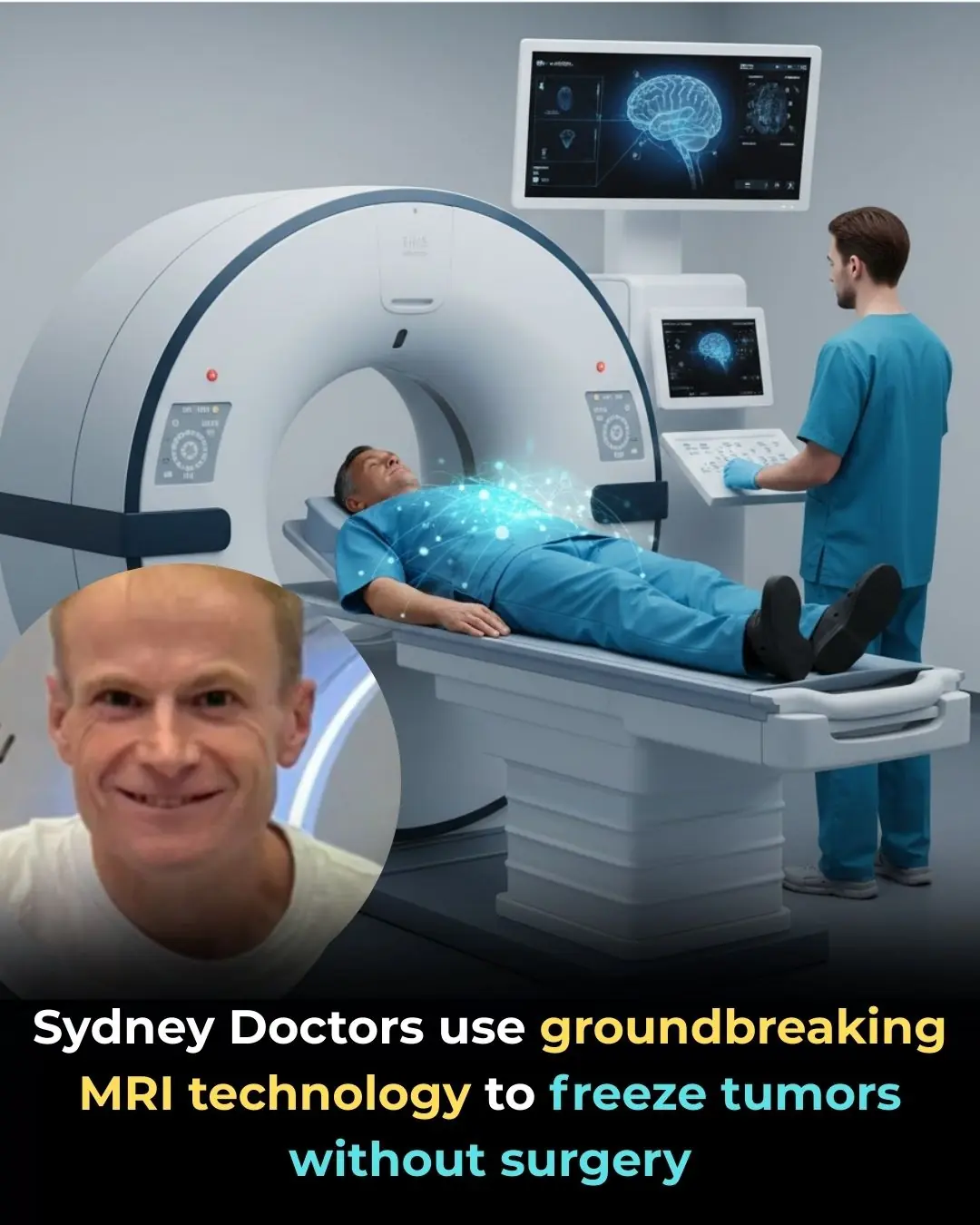
🧊 The New Frontier in Oncology: MRI-Guided Cryoablation Offers Non-Invasive, Precision Cancer Treatment

🧠 The Resilient Mind: A Case Study in Neuroplasticity Challenges the Limits of Human Cognition

🕷️ The Unexpected Side Effect: Neurotoxins in Brazilian Wandering Spider Venom and the Quest for New Medicines

Could Your Blood Type Be Influencing How You Age

Trump Gives Update on $2,000 Check Plan
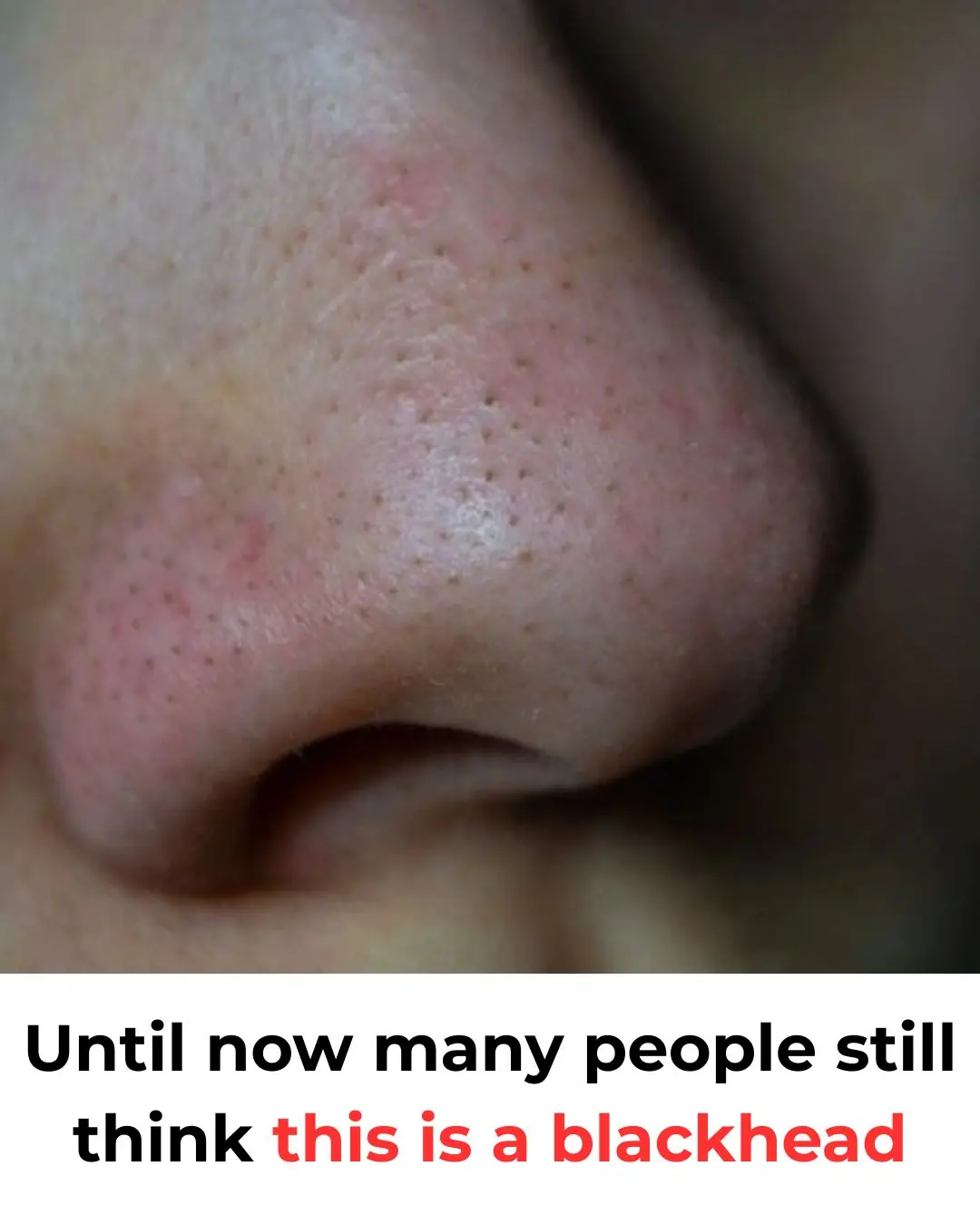
Why Those Tiny Dots on Your Nose Are Completely Normal

The Netherlands Builds a 600-Meter Floating System to Clean Ocean Plastic: A Breakthrough for Global Marine Protection

✅ International Medical Recommendations for Treating Snakebites

🌟 Belgium’s 15-Year-Old Prodigy Earns a PhD in Quantum Physics — A Remarkable Journey of Genius and Innovation 🌟
News Post

Avoid Ginger If You Have THESE Health Problems

Nobel Prize-Winning Discovery of Autophagy: The Body’s Self-Repair Mechanism

Dietary RNA: A Key to Slowing Cellular Aging and Promoting Longevity

The Role of Fish Oil Supplementation in Enhancing Fat Loss and Muscle Growth: A Scientifically Supported Approach

Dandelion Root Extract Shows Potential to Eliminate Up to 95% of Cancer Cells in 48 Hours

Meet the Solar-Powered Sea Slug: The First Animal Known to Photosynthesize!

13-Year-Old Boy's Heartwarming Act of Sacrifice: Buying His Mother a Car Through Hard Work and Compassion

Living With a Rare Condition, a 25-Year-Old Faces One of Life’s Hardest Decisions

Simple Ways to Reduce Nighttime Wake-Ups and Improve Sleep Quality.

Aretha Duarte Makes History As First Black Latin American Woman To Climb Mount Everest
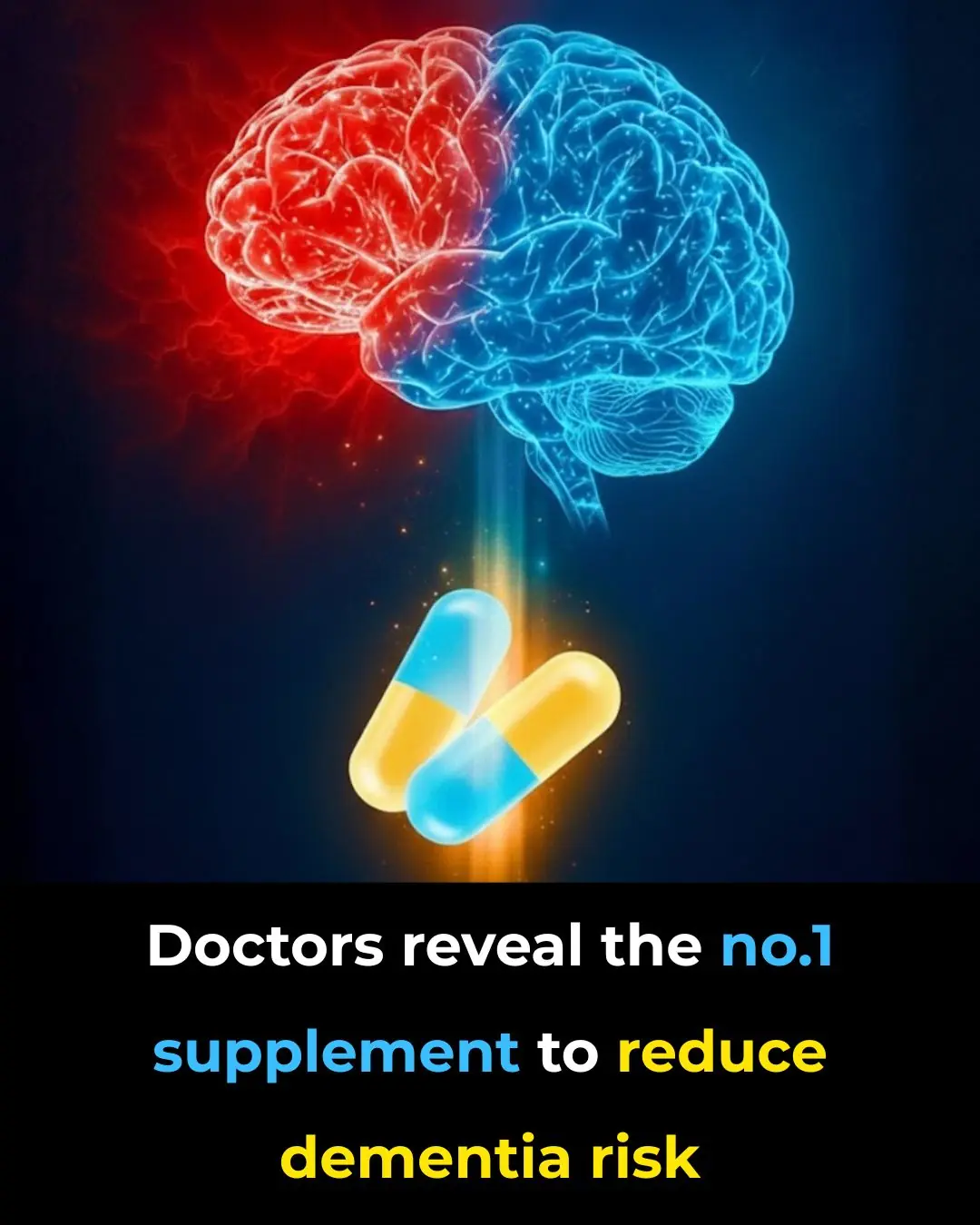
Doctors reveal the #1 supplement to reduce dementia risk

The Coffee Photo That Survived the War.

Issa Rae Opens New ‘Downtown Dough’ Pizzeria in L.A.

From Hardwood Hero to Human Inspiration: The Legacy of Rodney Rogers.

The step-by-step plan to drop 30 pounds quickly in 2025

The Weight Bryce Couldn’t Carry Alone.

A Lesson Two Boys Will Carry for Life.

Got High Blood Pressure? Try This 2-Ingredient Tea!
